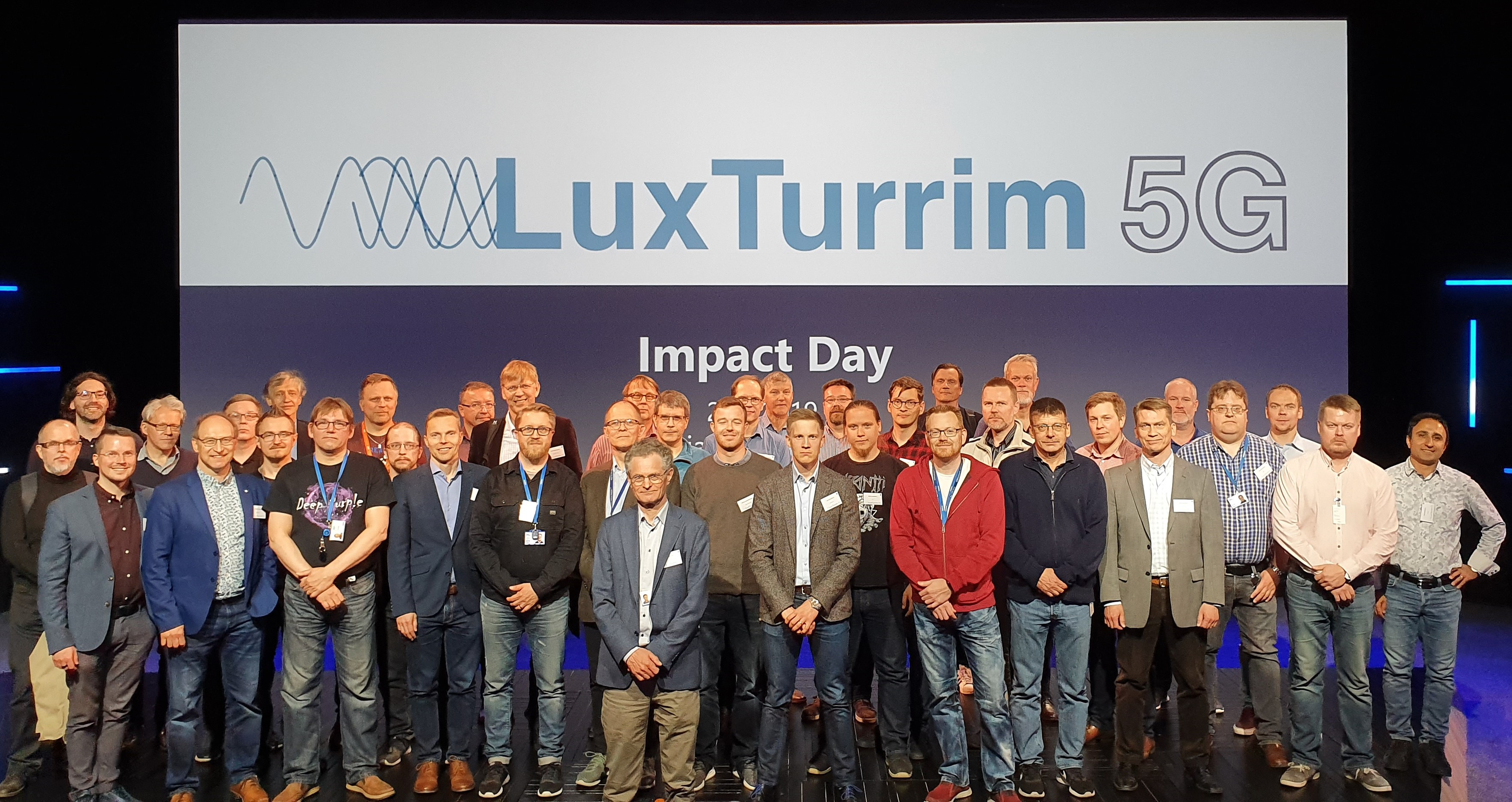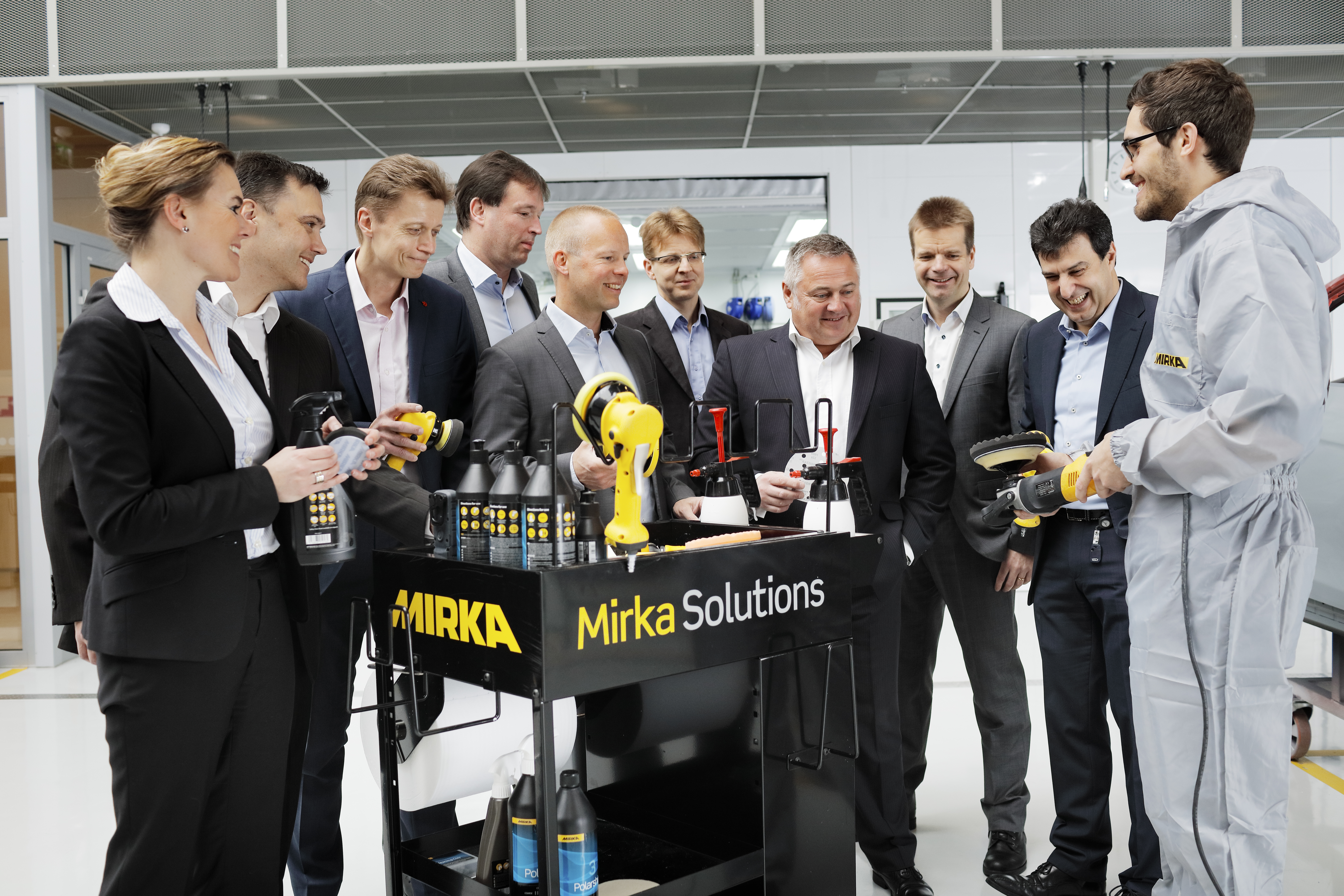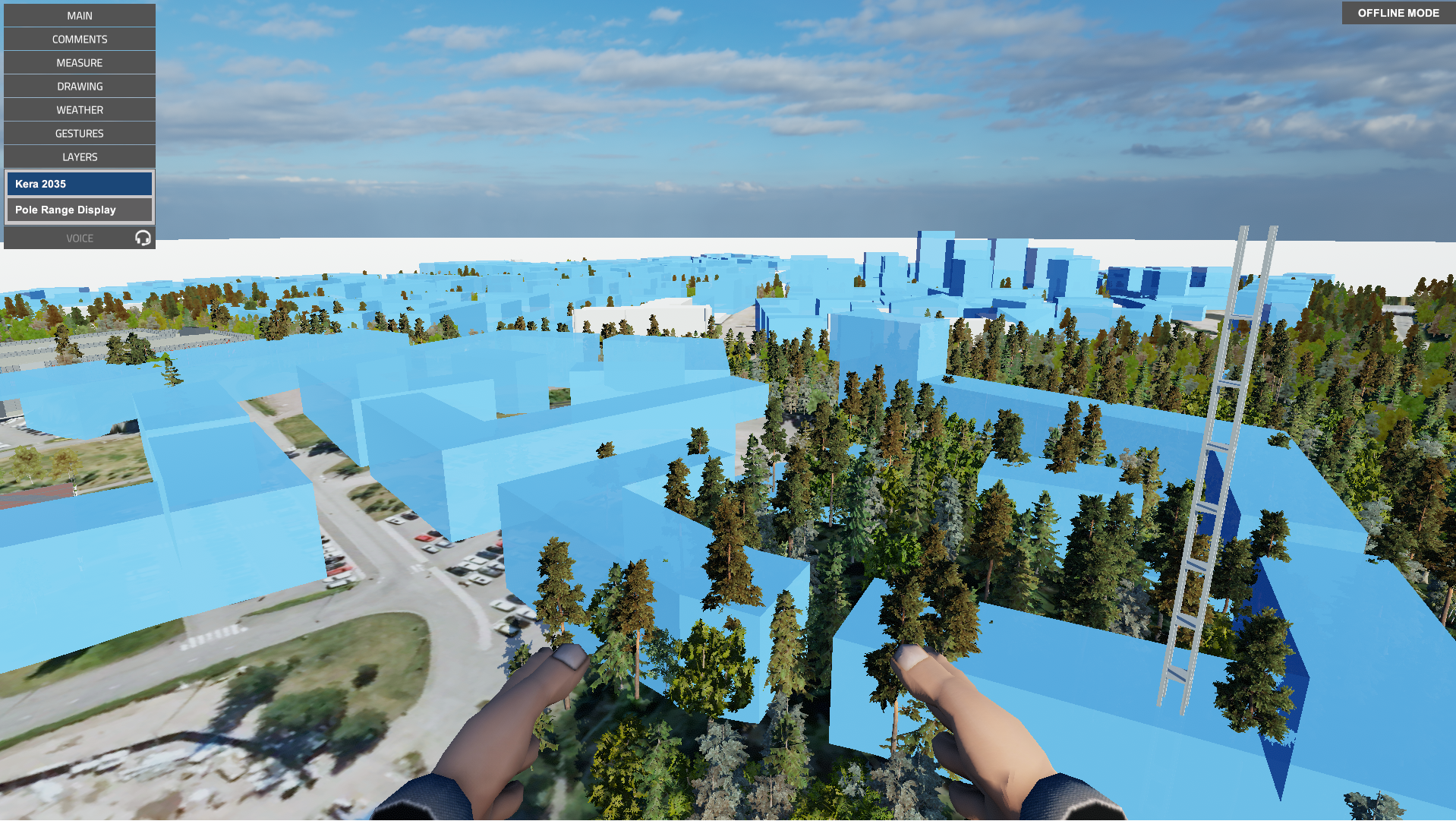Nokia Bell Labs driven industry group is building key enablers for fast 5G network based on smart light poles, which will form the digital backbone of future smart cities. The LuxTurrim5G ecosystem project has developed the 5G smart pole concept where 5G base stations, a variety of different sensors, video cameras, displays and other devices have been integrated to light poles. This creates a novel platform providing fast, low latency mobile communications and possibilities to exploit huge amount of data to make new digital services for smart cities. The solutions have been piloted already during last two years at Nokia Campus in Espoo, Finland, and now the plans are to expand the piloting to real environment in Kera region of Espoo.





.jpg)




